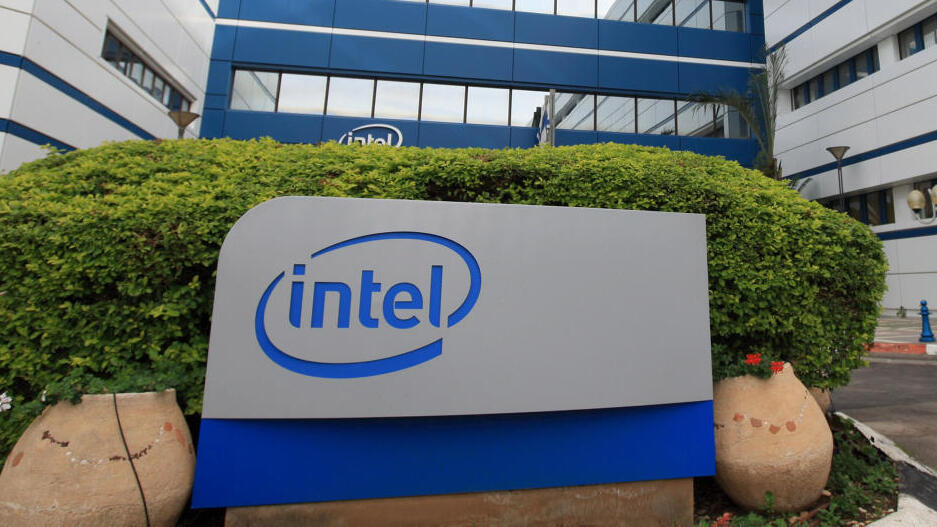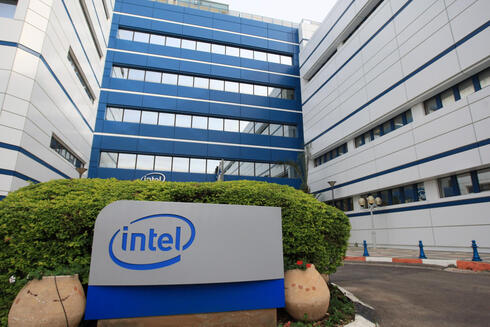
Intel’s AI reset highlights hard lessons from Israeli acquisitions
CEO Lip-Bu Tan looks to rebuild from within—but the path won’t be easy.
Intel is turning inward to revamp its artificial intelligence strategy, and its past acquisitions in Israel—once central to its AI ambitions—now stand as stark examples of the company’s uneven record in the fast-moving chip race.
Intel says upcoming layoffs will be less than 20,000—but early retirement won’t be an option
Intel cancels Intel Capital spinoff as Lip-Bu Tan shifts to financial discipline
During his first earnings call as Intel’s new CEO, Lip-Bu Tan made it clear that the road ahead will be long. “This is not a quick fix,” Tan told analysts. He emphasized that Intel will take “a holistic approach to redefine our portfolio, to optimize our products for new and emerging AI workloads,” including areas like robotics and AI agents that perform tasks for users. “Our goal is to become the platform of choice for our customers,” Tan said. “This requires us to radically evolve our design and engineering mindset and anticipate the needs of our customer well in advance.”
Tan’s comments come at a time when Intel is under pressure to compete with Nvidia, which no longer just sells chips—it sells end-to-end AI data center systems. Intel, Tan said, will now pursue a similar strategy.
Historically, however, Intel leaned on acquisitions to position itself in AI. Between 2016 and 2019, the company acquired a series of companies focused on AI hardware and software, including two Israeli startups: Mobileye and Habana Labs.
Mobileye, acquired in 2017 for approximately $15.3 billion, has been a somewhat successful investment for Intel. The Jerusalem-based company, which specializes in autonomous driving technologies, has remained a key part of Intel’s portfolio, even after its IPO and partial spinoff.
Habana Labs, acquired for $2 billion in 2019, was meant to bolster Intel’s competitiveness in AI accelerators. The Tel Aviv-based company developed chips designed for deep learning workloads. However, the acquisition has not meaningfully shifted Intel’s standing against rivals like Nvidia and AMD in the broader AI market.
Related articles:
Tan, who took the helm earlier this year, is not planning to follow the acquisition-heavy path of his predecessors. “Our priority will need to be, at this point, getting the balance sheet to a better place,” CFO David Zinsner told Reuters. That suggests Intel’s next wave of AI efforts will be homegrown.
Industry analysts remain cautious. “While these areas show promise, the scale and pace of their growth remain uncertain,” Hendi Susanto, a portfolio manager at Gabelli Funds, said, referring to Intel’s focus on AI chips and edge systems.
Intel’s pivot reflects not just a change in leadership, but a reassessment of past strategies. And while Mobileye continues to stand out in the autonomous vehicle sector, the fate of Habana Labs underscores the challenge Intel faces in a market increasingly dominated by vertically integrated platforms and custom AI chips from cloud providers like Amazon and Google.
For now, Tan is placing his bet on internal engineering and tighter product focus. Whether that will be enough to shift the AI landscape remains to be seen.
